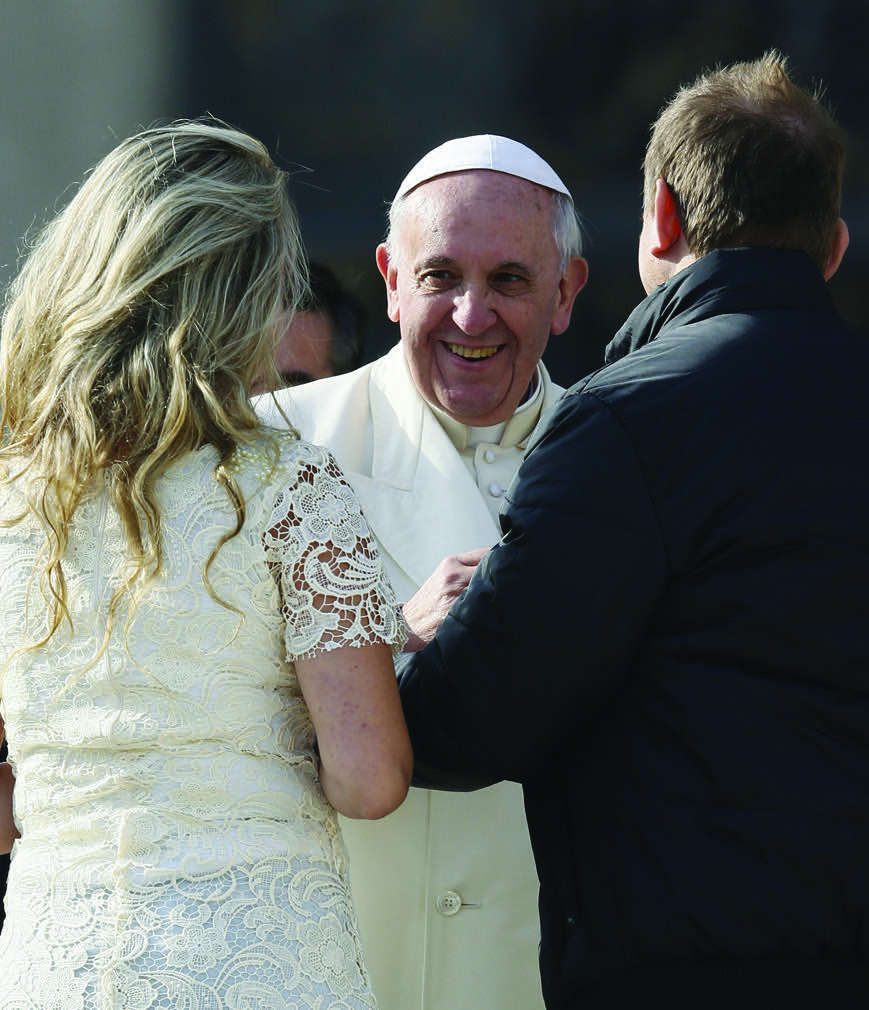
Pope Francis greets a couple at the end of his general audience in St. Peter’s Square at the Vatican January 8 (CNS photo/Paul Haring)
The language of accompaniment is nothing new to the post-synodal apostolic exhortation Amoris Laetitia, released to the public April 10, nor even to the pontificate of Pope Francis.
In his own apostolic exhortation, Sacramentum Caritatis, Pope Benedict XVI used the same term in the same context of the pastoral care of the divorced and remarried.
He stated unequivocally: “The divorced and remarried continue to belong to the Church, which accompanies them with special concern and encourages them to live as fully as possible the Christian life through regular participation at Mass, albeit without receiving Communion, listening to the word of God, Eucharistic adoration, prayer, participation in the life of the community, honest dialogue with a priest or spiritual director, dedication to the life of charity, works of penance, and commitment to the education of their children.” (SC 29).
Pope Francis has taken up Pope Benedict’s pastoral concern and run with it, albeit with the same caution and caveats, seeking to put into practice the laudable sentiments expressed by his predecessor, themselves a reflection of the mind of the bishops gathered for the XI Ordinary General Assembly of the Synod of Bishops in 2005 which addressed “The Eucharist: Source and Summit of the Life and Mission of the Church.” In this, Amoris Laetitia does not represent a new direction, still less a new path. Rather, it further articulates what Pope Benedict wrote in Sacramentum Caritatis, when he referenced not just the magisterial writing of Pope Saint John Paul II in Familiaris Consortio 84, but also his own Letter to the Bishops of the Catholic Church of the Congregation for the Doctrine of the Faith, issued whilst he was still its Cardinal Prefect.
In Amoris Laetitia Pope Francis describes the notion of “accompaniment” in these terms (with my emphasis): “Conversation with the priest, in the internal forum, contributes to the formation of a correct judgment on what hinders the possibility of a fuller participation in the life of the Church and on what steps can foster it and make it grow. Given that gradualness is not in the law itself (cf. Familiaris Consortio 34), this discernment can never prescind from the Gospel demands of truth and charity, as proposed by the Church.”
For Pope Francis, then, as also for his predecessors, accompaniment does not mean simply walking with those who are divorced and remarried as if to follow them along a wayward path.
Rather, it means coming up alongside them, taking them by the hand, and leading them to the objective truth and reality of their situation, allowing this not simply to become known to the couple in the process, but embraced by them as the truth, so that they might recognize the imperfect, even sinful, nature of their circumstances, and then choose to amend their life according to the law of Christ.
In a practical sense, this requires the priest — in the formal context of Confession or spiritual direction — to listen honestly and openly to the particular situation of the individual or couple, and to facilitate the realization of the truth of the situation by them, illuminating it always and only with the light of Church’s teaching. It means not slamming the door in the face of people who have taken the step of tentatively seeking the Church’s wisdom, and instead offering them that same wisdom as a means of hope, and as a means of returning to a proper relationship with Christ.
This approach to accompaniment is also nothing new. In a post-Christian society, the Church, in her apologetics and evangelization, has sought to move from a position of simply presenting statements of fact about the faith (however true those might be), to offering the same truths in a manner that those without a basic faith formation — and without even the generally positive attitude toward organized religion that was common until 50 years ago — might be able to comprehend and accept.
Such an approach forms not the now infamous creed-reciting “parrots” alluded to by the Holy Father in one of his morning homilies in the Domus Santa Marta, but individual Christians formed in the crucible of Christ’s love, and conformed to his risen life: disciples of Jesus Christ, who know the faith, love the faith, and live the faith, thereby receiving their own salvation, and becoming means, through that, of bringing others also to the fullness of life in Christ. (This article first appeared on the catholicherald.co.uk website.)

Fr. James Bradley
Fr. James Bradley, a priest of the Personal Ordinariate of Our Lady of Walsingham, is studying Canon Law at The Catholic University of America in Washington, D.C.

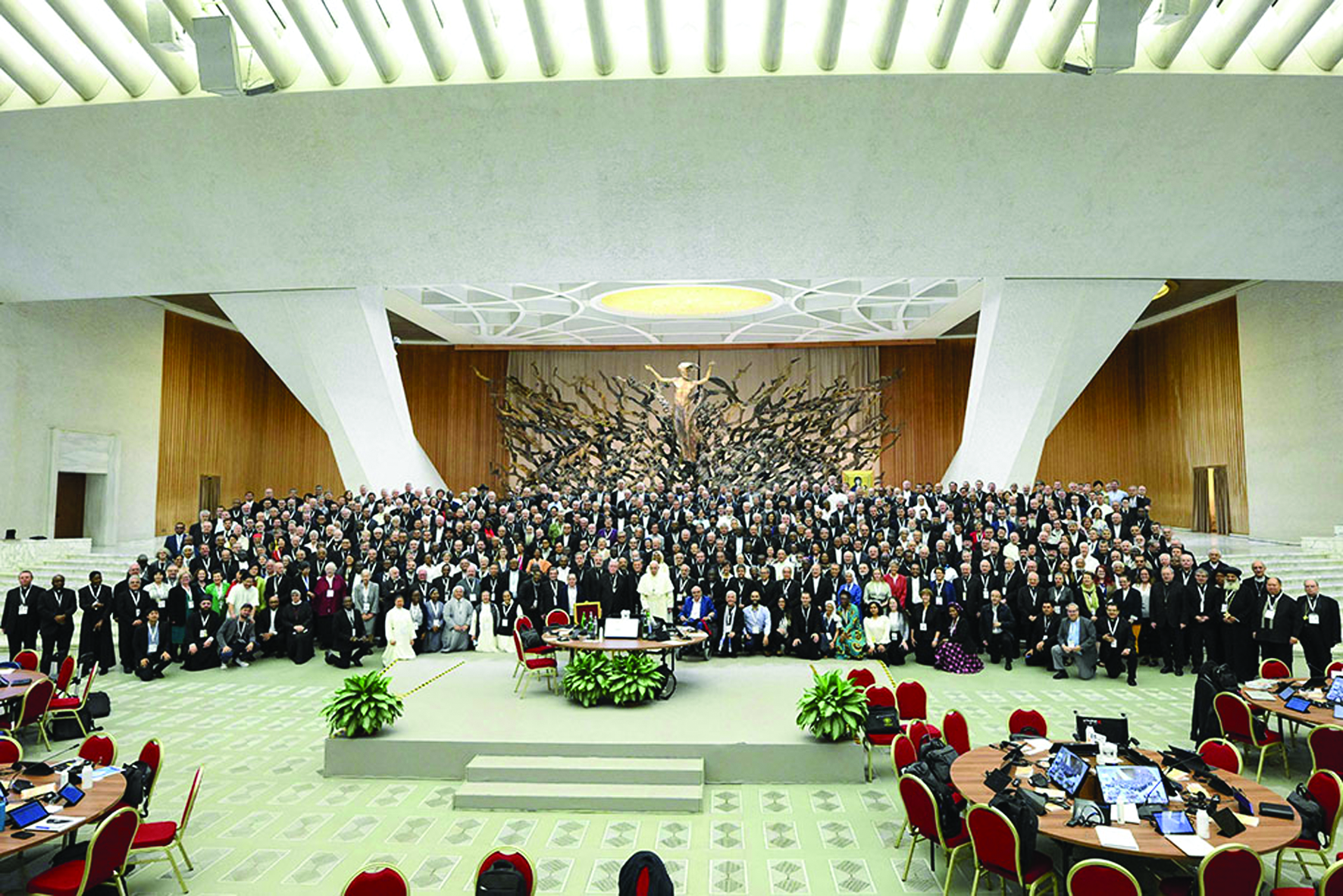
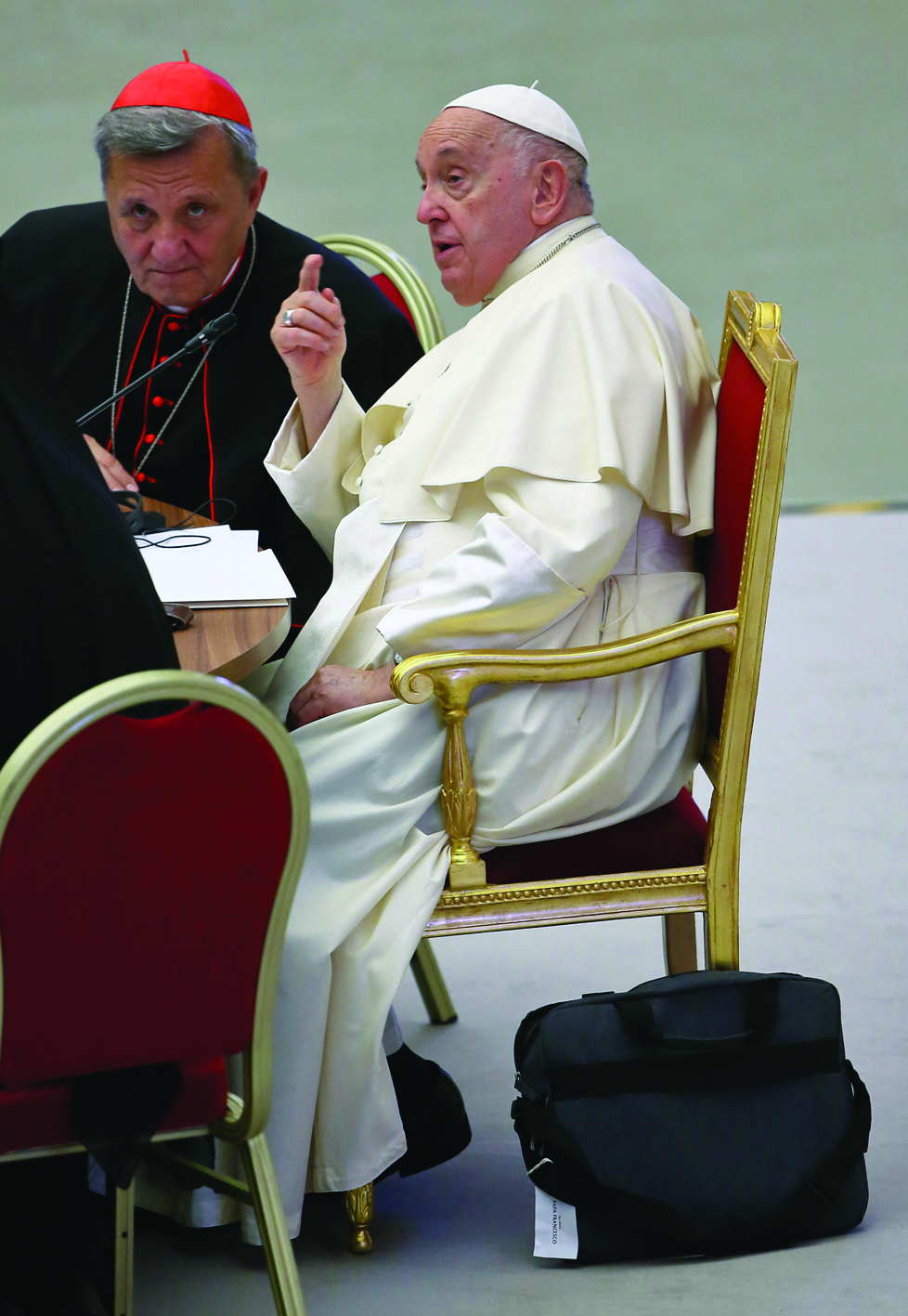
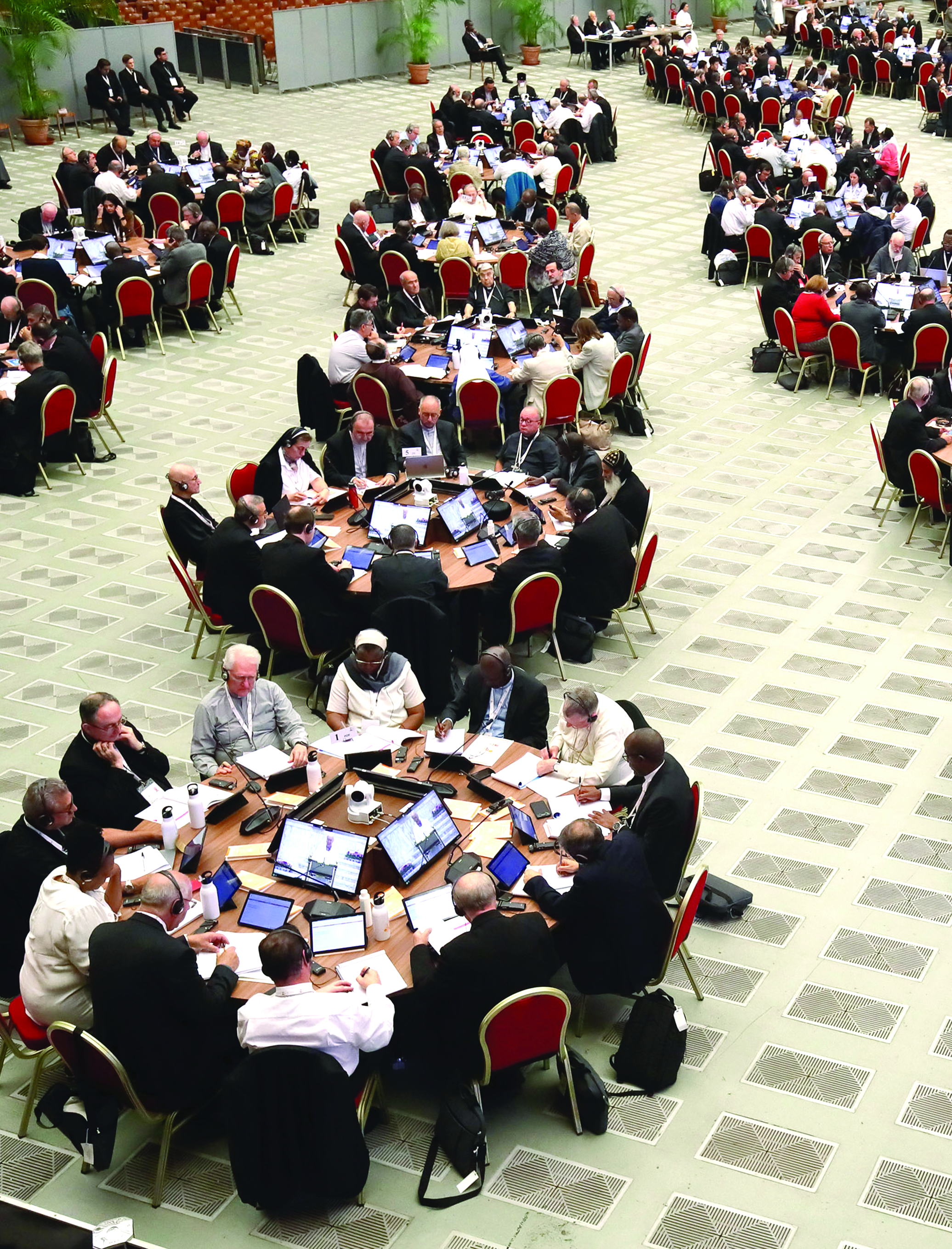
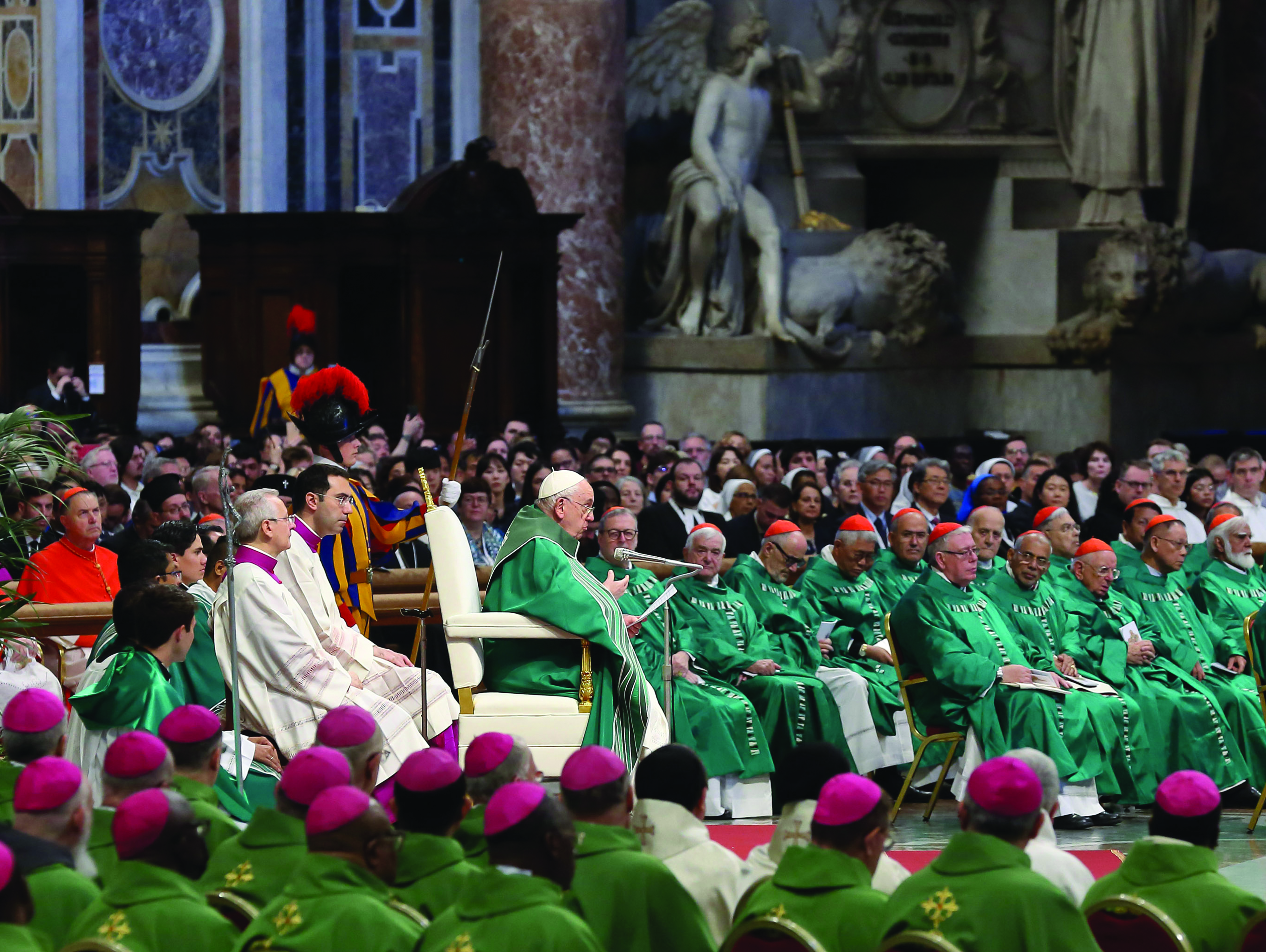
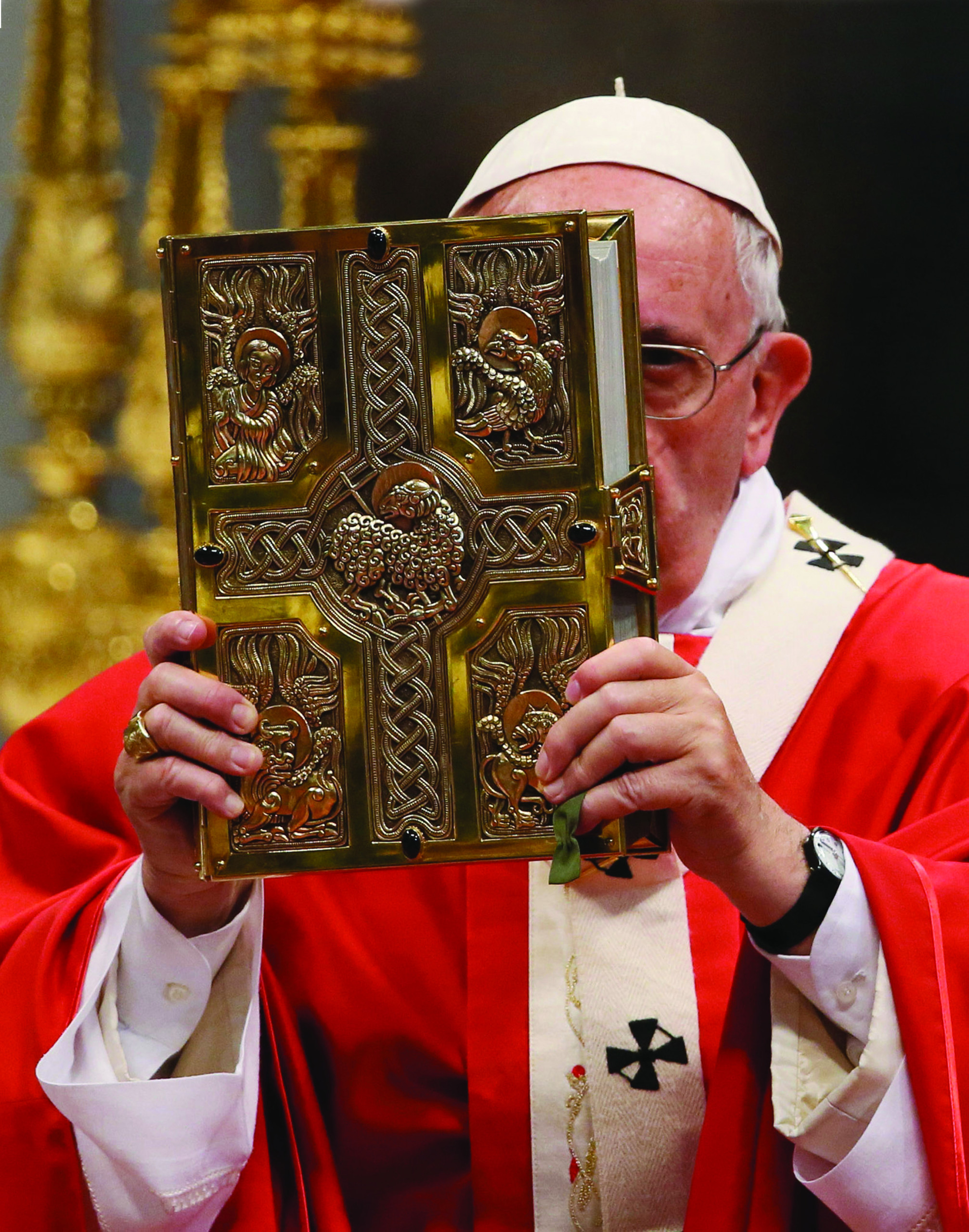
Facebook Comments